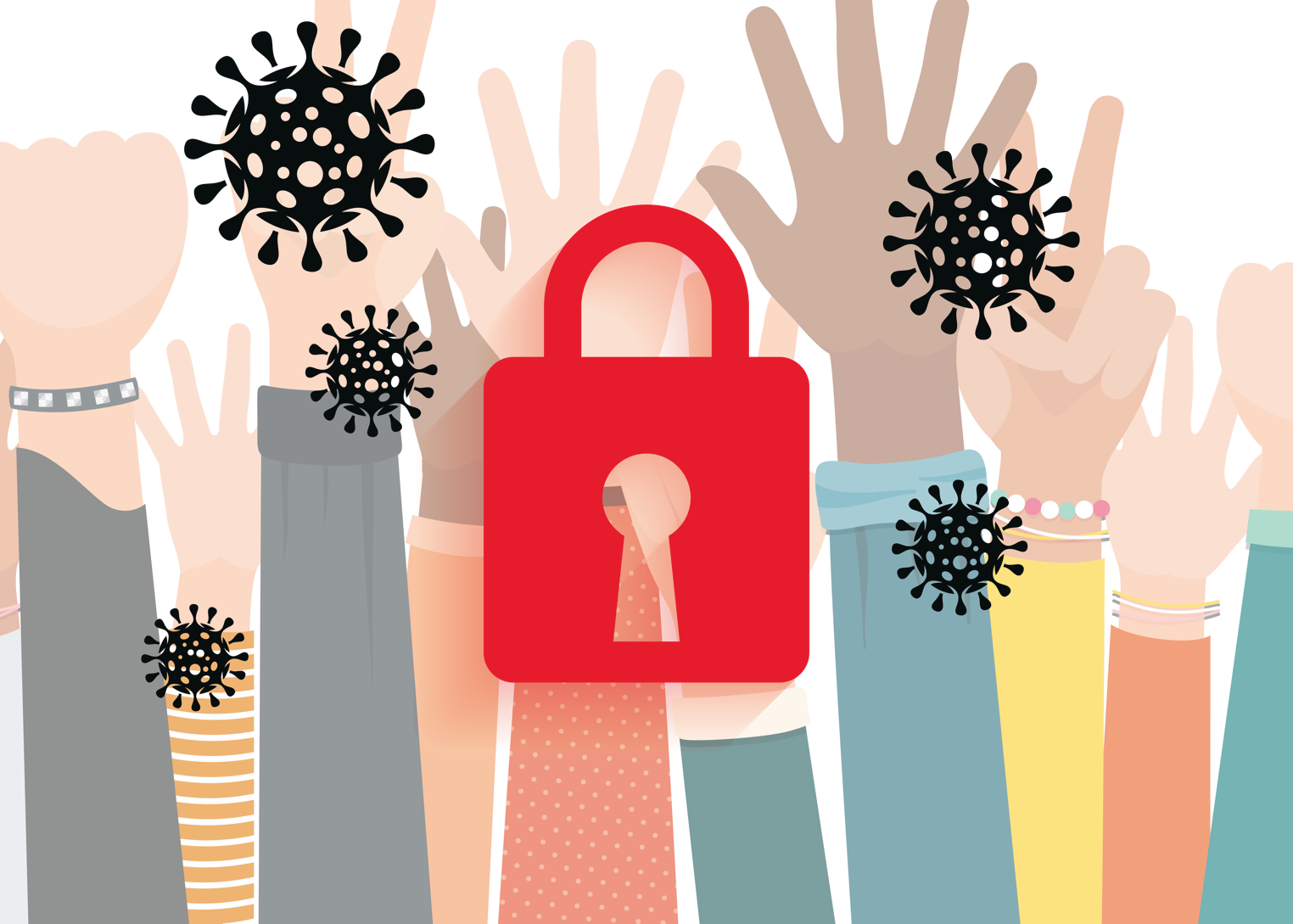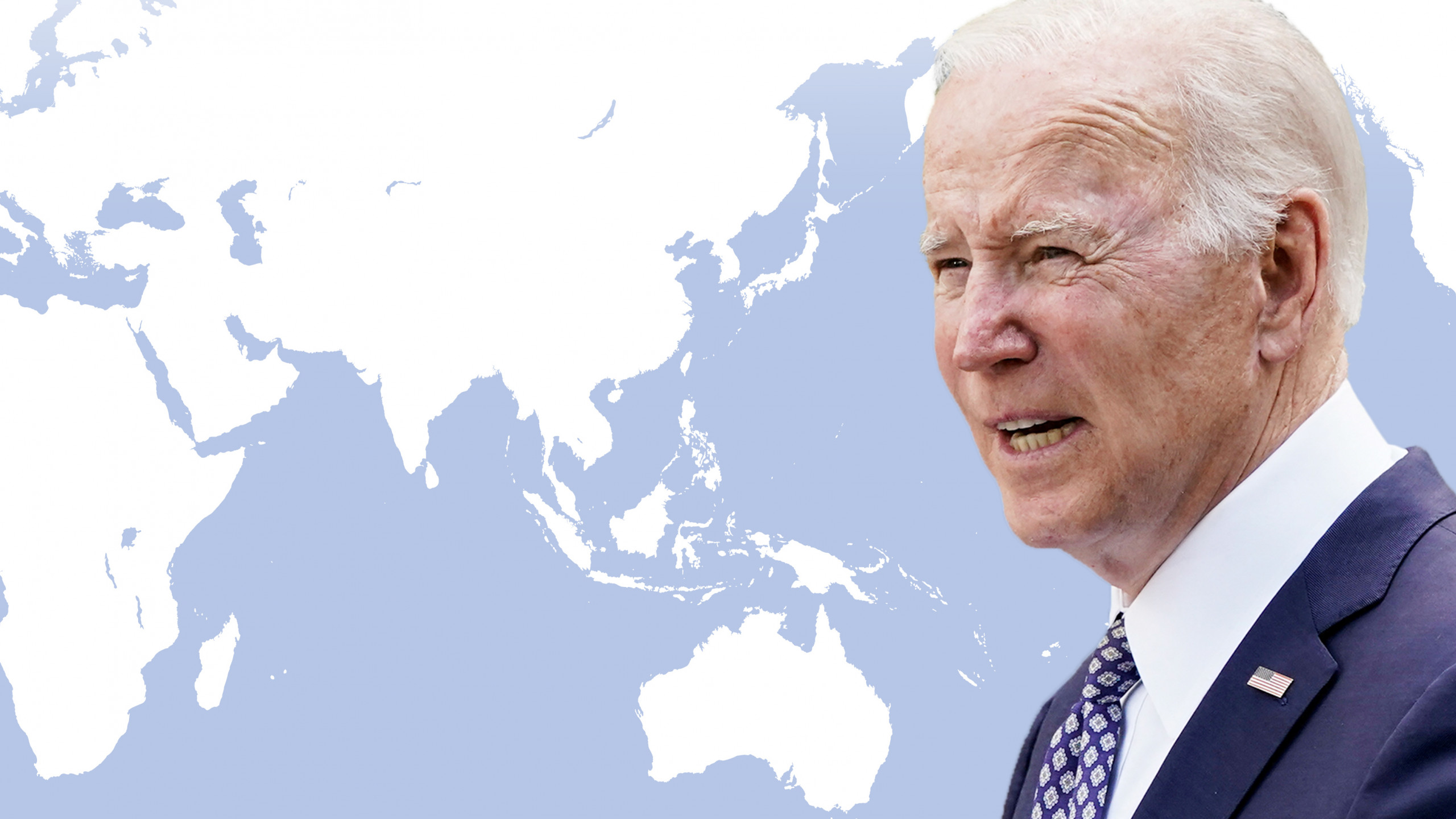The state of emergency has prompted leaders of certain countries to impose worrying measures
The emergency measures taken by some governments of the ASEAN countries to address the health crisis are causing concern in the international community. Some fear that governments could take advantage of the situation to consolidate their power at the expense of their citizens' freedoms and rights.
In early March, the United Nations High Commissioner for Human Rights urged all countries involved in the health emergency to guarantee the centrality of human rights and international norms. In this regard, the President of the ASEAN Parliamentarians for Human Rights also reminded the governments of the area that restrictions for public health reasons must be strictly necessary, of limited duration, and based on scientific and non-discriminatory evidence.
However, the approach taken by some governments of the ASEAN countries risks disappointing these expectations. The Asian Forum for Human Rights and Development reports that the Philippines, Thailand, Cambodia and Myanmar are implementing policies that risk violating international standards. In Thailand and Myanmar, the situation regarding freedom of expression is worrying, especially online. In the Philippines, broad powers have been conferred to law enforcement officers, whose action is often left to the discretion of agents.
In particular, the situation in Cambodia is attracting significant attention. On 31 March, the Cambodian government passed a law conferring full powers on the executive to manage the emergency, including unlimited surveillance of telecommunications, control of the media and social networks, and the possibility of prohibiting or restricting the dissemination of information other than from government sources. A reporter has already been arrested for quoting a speech by Prime Minister Hun Sen in the newspaper, and dozens of people have been charged and arrested for spreading "fake news" online. Several groups of activists and institutions of the international community have strongly condemned the measures imposed by Prime Minister Hun Sen, considered excessive and worrying. It is indeed feared that the emergency provisions implemented by the Cambodian authorities may stay in place and be enforced long after the end of the emergency.
The situation in Cambodia and other South-East Asian countries such as the Philippines, Thailand and Myanmar, is now under observation by international bodies. It will be crucial to understand how governments will behave with the gradual recovery from the health and economic crisis, when the state of emergency will end. The hope of the international community, represented in this case by the words of the UN High Commissioner for Human Rights and by the President of the ASEAN Parliamentarians for Human Rights, is that the recovery will coincide with the restoration of normalcy, with respect for the rights and freedoms of all citizens.
Article edited by Gabriel Zurlo Sconosciuto.






